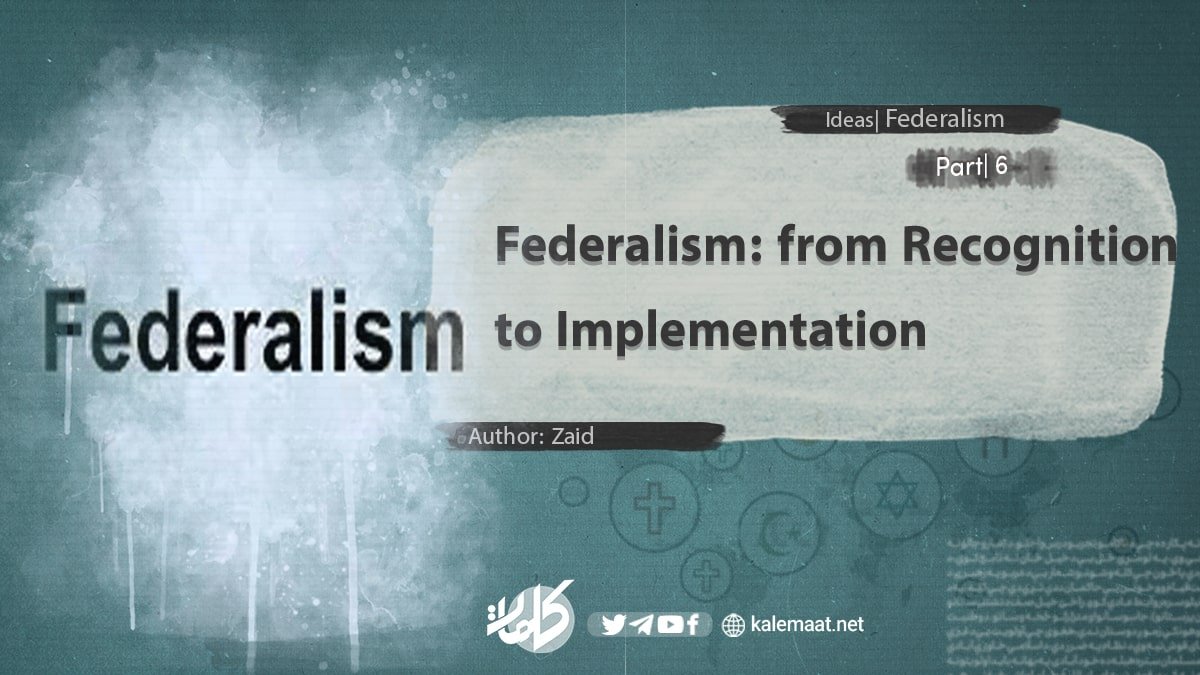Author: Zaid
Federalism (part 6)
In the previous section, the basic origin of the political and governmental system of federalism, its rapid progress among the states and countries of America, Europe and some Arab countries, the terms used in it, their definition and differences between them were discussed. In this section, the growth stages of the federalism system, the division of world governments, the percentage of implementation of the federal system at the world level, and its related characteristics are discussed.
The three stages of the development of federalism
One of the politicians of the Arab world divides the stages of growth and flourishing of the federalist system into three stages, which we will briefly describe in this section.
First stage: The first structural form of federal governments was observed when the United States of America was formed. The states that had just gained their independence from Britain in 1781 created a kind of confederation; But this alliance was fragmented and shaky and as a result it was lost. In 1789. This union became a federal system and this process continued continuously; Even other states and provinces gave up their former systems and joined this system. For example, one of the big branches of America, Canada, in 1848. joined this system. After that, Germany also in 1871. It implemented this system in his country and after that, the continent of Australia with all its branches in 1901. It activated this system in his land and acted according to it.
Second stage: This stage started after the end of World War II and the beginning of cold wars and internal conflicts. At this point in time, the Soviet communist government was at the top of the world’s federal powers; The Soviet Union is a living example of this. But the difference between the federal system of the Soviet Union and other federal systems was that the Soviet communist leaders were very persistent and intense in their centralism; So that a kind of dictatorial government was formed. It was for this reason that recently all of these societies fell apart and dispersed.
With the collapse of the Soviet federal systems and dictatorial governments, many states were able to easily free themselves from the evil grip of the Soviet Union and form their own federal governments. Countries such as Argentina, Brazil, Malaysia, Pakistan and the United Arab Emirates are among the newly established federal governments.
The third stage: The third and last stage of the growth and development of the federalism system is exactly after the end of the cold wars and the collapse of the Soviet Union. As a result of this collapse, several federal governments started to work in the world. For example, the Russian government itself, which was at the head of the Soviet Union, was turned into a federal state by the people of that country.
Also, the governments of Bosnia and Sudan are among the countries that became federal governments after the defeat of the Soviet Union in Afghanistan.
With the federal system coming to power in most countries of the world, this system brought different experiences, including solidarity and new unions, the growth of cities and urbanization, economic developments and democracy, the emergence of new technologies, global and local political developments, and the institutionalization of democracy and individual freedom in society.



